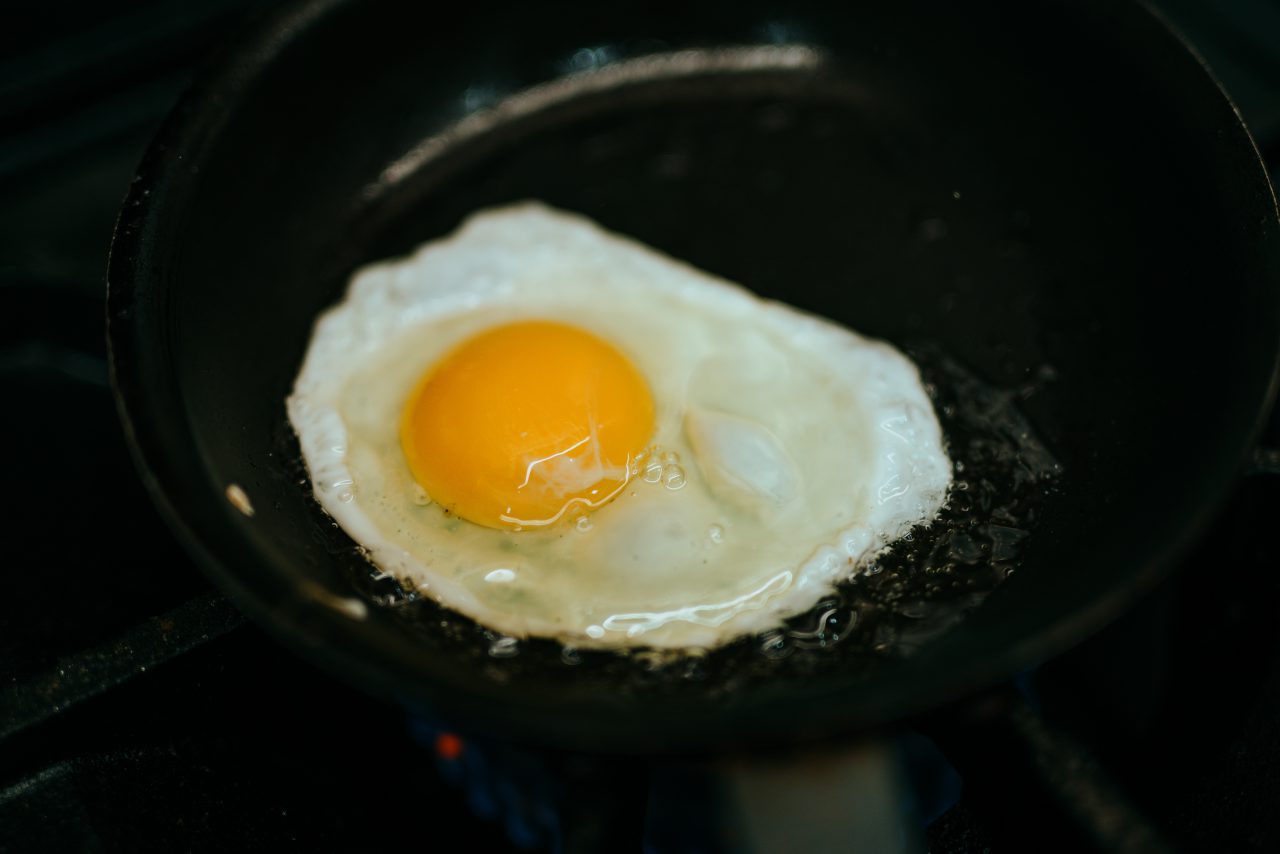
Protein is one of the most important macronutrients in bodybuilding.
Each macronutrient is vitally important, but protein is the most important for bodybuilding.
Protein aids in repairing any damage our body experiences, whether it’s from injuries or from intentional microtrauma you experience following resistance training. Think of protein as bricks to a house. If you want to build a bigger house, you need bricks to materialize the addition. If you want to build a bigger body, you need protein as the material to do so. You can find proteins in abundance in meat and dairy products, such as eggs.
In bodybuilding and fat loss, protein intake should be high (compared to the regular American diet).
Protein is composed of amino acids.
Amino acids are a popular supplement in the bodybuilding world, and I took them for some time myself. But if amino acids compose protein, and you’re already eating a high protein diet, why do you need amino acids?
You don’t. Amino acid supplements are essentially expensive urine. I personally never experienced any muscle growth or recovery benefits from amino acid supplementation. There are studies showing that amino acid supplementation can aid individuals who lack protein in their diet (Kephart, et al., 2016). Or for vegans or vegetarians who may consume protein, but not animal-based protein sources. Animal-based protein sources contain all 8 essential amino acids, whereas plant-based protein sources do not.
Ideally, we will not be lacking any protein in our diets, so amino acid supplementation is not a worthwhile inclusion to our diets. In addition, protein supplements are typically cheaper than amino acid supplements per serving, so why bother?
Protein is also the most thermogenic macronutrient.
This means our body uses the most calories when metabolizing this macronutrient, so high protein diets can aid in fat loss as well as muscle building and maintenance.
Protein is vitally important in both massing and cutting stages.
In massing stages, protein is what will help our body actually build larger muscles, and in cutting stages protein will help us feel more satiated and maintain muscle as our fat and carbohydrate intake decrease (Res, et al., 2012).



